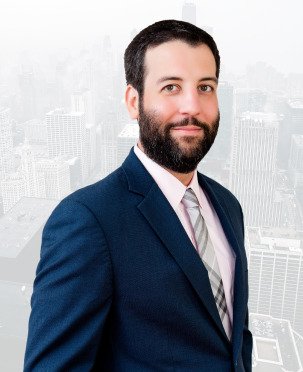
Whenever a loved one passes away it is never an easy time for that individuals’ family and friends. Things only become more complicated when that loved one has been killed as the result of another’s negligence. Unfortunately, in addition to making funeral arrangements, settling financial obligations and coordinating schedules for loved ones, family members are all too often faced with the burden of dealing with insurance adjusters sometimes only hours after the death. Faced with this situation, dealing with an insurance company is but an afterthought and many individuals trust what an insurance adjuster says is 100% true.
In that fragile state of mind it is NEVER a good idea for a family member to deal with the insurance company of a negligent individual. It is always wise to consult with an experienced Tallahassee wrongful death attorney or at the very least give yourself a week or two to process the emotions related to the death. The one thing you should never do is sign any paperwork from an insurance company without having an attorney look over it first. I am always willing to provide free consultation in this type of situation to ensure no important rights are being released in the paperwork.
What Steps Should I Take During a Wrongful Death Claim?
Importantly, there are several legal steps that must be taken in a wrongful death claim in Florida that are unnecessary in a negligence claim not involving death. When an individual dies, all of their belongings and interests become part of what is known as that individual’s “estate.” The contents of the estate are then distributed according to the deceased individual’s validly executed will, or, in the case where there is no will, according to Florida Statute. When an individual is killed as the result of another’s negligence, the “estate” has the right to pursue damages against the at-fault party. In order to recover these damages it is necessary to file documentation to set up a formal estate and appoint a personal representative to oversee and make decisions on behalf of the estate. In many cases, a wrongful death attorney can help the family through this difficult time and provide relief and comfort to grieving family members who do not want to have to slog through the legal process of a wrongful death claim.
Who is Able to Receive Compensation From a Wrongful Death Claim in Florida?
In addition to the damages that are recoverable by the estate, spouses and children of the deceased are also entitled to damages as “survivors.” These damages are separate from the damages that go into the estate and cannot be claimed by creditors of the estate. For example, if your father died with a maxed out credit card, the credit card company would only be able to claim damages that went to the estate, not damages that were awarded to you as a “survivor.” There are some exceptions as to who qualifies as a “survivor” under Florida law and what damages can be recovered by the different “survivors.” An attorney at Nonni Homola can provide you guidance with regard to whether you qualify as a “survivor” under Florida law.
What is the Statute of Limitations for Filing a Wrongful Death Claim in Florida?
The statute of limitations is also different in a wrongful death claim as compared to a negligence claim not involving death. The statute of limitations is 2 years in a wrongful death claim as opposed to the 4 year limitation in a standard negligence claim. In Florida, this means that you must file the wrongful death lawsuit within 2 years of the date of the death. Unfortunately, failure to file the lawsuit will result in a waiver of your right to bring a claim against the party responsible for causing the death.
The Tallahassee wrongful death attorneys at Nonni Homola have extensive experience handling wrongful death claims and have attorneys available 24 hour per day 7 days per week to discuss any questions you may have about bringing a wrongful death claim.

